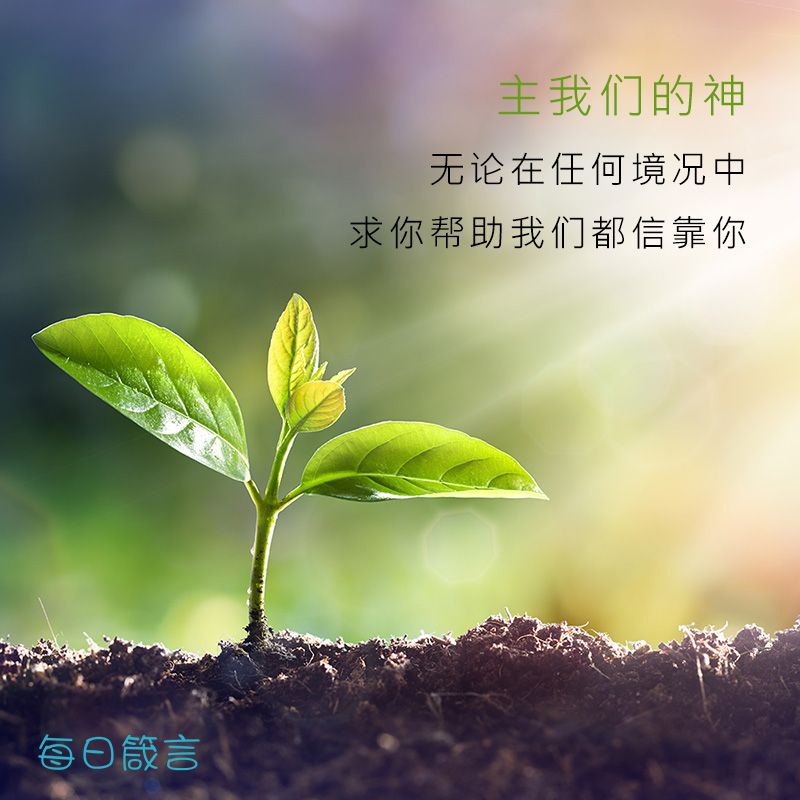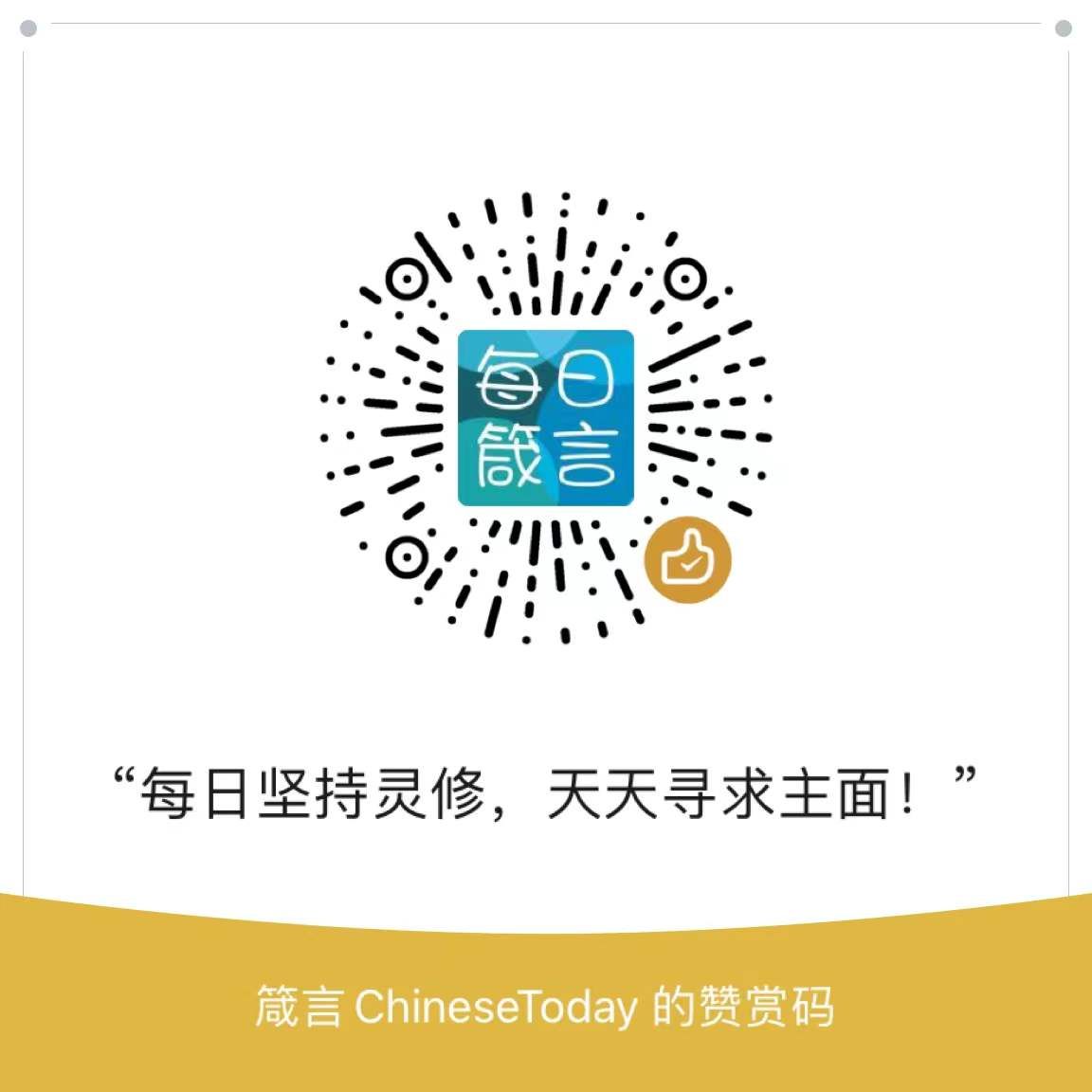“‘当将你的粮食撒在水面,因为日久必能得着。’” - 传 11:1
这段传道书的经文往往令人费解。按照字面来翻译,它的意思是说:“当将你的粮食撒在水面,因为日久必能得着。”有些人认为,经文是指学习慷慨待人或教导人各种技能,是要耗费很长的时间才能成功的。另有人建议,经文是与贸易和市场经济有关的,若在这些事上投资,可能会带来很大的利润。也有人说,和传道书中其他的写作相似,经文只不过是在描述生命的无常而已。
举例说,在新冠状病毒大流行期间,有些工业和商业生意兴旺,有些则陷在极大的挣扎中。近年来,极端的气候事件 - 旱灾、水灾、山火、和破纪录的温度 - 还有社会和政治上的张力,令人不得不面对极度困苦和变幻莫测的生活。复原和重建工作要耗费很长的时间,而就某些情况而言,要回到昔日的境况或许是完全没有可能的事。
传道书中的智慧建议,无论做什么事情,要知道我们可能需要经历一段颇长的时间才能看到成果。整体来说,传道书强调,生命虽然是短暂和脆弱的,我们却要凭信心生活和行事,享受那些只能在当下才能享受到的,并且相信掌管结果的是神、而不是我们。我们要冒险尝试,却不晓得能否看到成果,除了确信神必定会保守我们之外,再没有其他确实的保证了。
祷告
主我们的神,无论在任何境况中,求你帮助我们都信靠你。阿们。

传道书 11:1-6
1当将你的粮食撒在水面,因为日久必能得着。
2你要分给七人或分给八人,因为你不知道将来有什么灾祸临到地上。
3云若满了雨,就必倾倒在地上;树若向南倒或向北倒,树倒在何处,就存在何处。
4看风的必不撒种,望云的必不收割。
5风从何道来,骨头在怀孕妇人的胎中如何长成,你尚且不得知道,这样,行万事之神的作为,你更不得知道。
6早晨要撒你的种,晚上也不要歇你的手,因为你不知道那一样发旺,或是早撒的,或是晚撒的,或是两样都好。
Cast Your Bread Upon The Waters
"Ship your grain across the sea; after many days you may receive a return." - Ecclesiastes 11:1
The meaning of this passage in Ecclesiastes has often puzzled people. Translated more literally, it says, "Cast your bread upon the waters, for after many days you will find it again." Some think this refers to being generous toward others or to teaching people various skills that may take a while to learn. Others suggest that it has to do with trade and economic markets, which may bring a great return on investment. Still others say that, like other parts of Ecclesiastes, this simply describes some of the uncertainties in life.
For example, while some industries and businesses have thrived during the pandemic, others have struggled enormously. And in recent years, extreme weather events—droughts, floods, wildfires, and record-breaking temperatures—as well as social and political tensions, have made life alarmingly difficult and uncertain. Recovering or rebuilding could take a long time, and in some respects there may be no return to the way things were before.
The wisdom of Ecclesiastes suggests that whatever you do, be aware that it may take a long time before you see results. Overall, Ecclesiastes emphasizes that while life is fleeting and fragile, we live and act with trust, enjoying things that can simply be enjoyed now, and believing that God, not us, guides the outcomes. We take risks, and we may or may not see a return. There are no guarantees—except that God will sustain us.
Prayer
Lord our God, help us to trust you in all circumstances. Amen.

